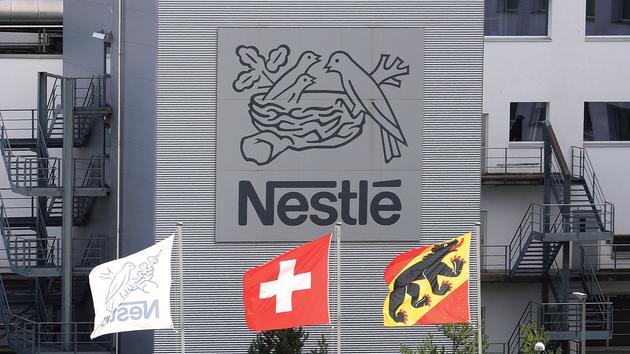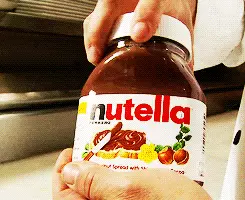While Nestlé seemed to see the future of food, especially in plants, it is also anticipating it… in laboratories.
Reacting to market rumors, the world food leader confirmed on Tuesday
"working"
with the Israeli start-up Future Meat, on the production of cultivated meat or
"cultivated meat ingredients".
Read also:
Nutrition and health: Nestlé reviews its copy
Unlike vegetable alternatives to meat (steaks or nuggets made from vegetable proteins) which the group knows well to achieve 730 million euros in turnover (10% of its sales) in this sector, it is acts here of "false meat".
That is to say obtained from animal stem cells which are made to multiply in culture media and in the laboratory.
Techniques that are still controversial, but which promise to reduce the environmental impact of meat by 80% by dispensing with breeding, and reducing the use of water and agricultural land by 90%.
Contacted, Nestlé does not detail the contours of this collaboration, explaining that it wants to
“understand the potential of future alternatives to meat”.
Economic viability
But his interest in cellular meat - the first publicly affirmed among the giants of mass consumption - is real.
In this market, which raises the wildest estimates - up to $ 65 billion in 2040 according to the firm AT Kearney - Nestlé has also approached other players in the sector.
Read also:
Nestlé tries vegetable "milk" ... with peas
INRAE (French agronomic institute) lists around fifty specialists around the world, most of whom are in the R&D stage. Others, however, have already invested in restaurants, such as the American Eat Just, whose bioreactor-grown chicken nuggets were served last year in a restaurant in Singapore. While these techniques must demonstrate their economic viability, Future Meat promises yields ten times higher than those of its competitors. The start-up, created in 2018, has just commissioned the world's first artificial meat production plant. Based in Israel, it must manufacture 500 kg of fake meat per day, to be marketed in 2022 in the United States.








